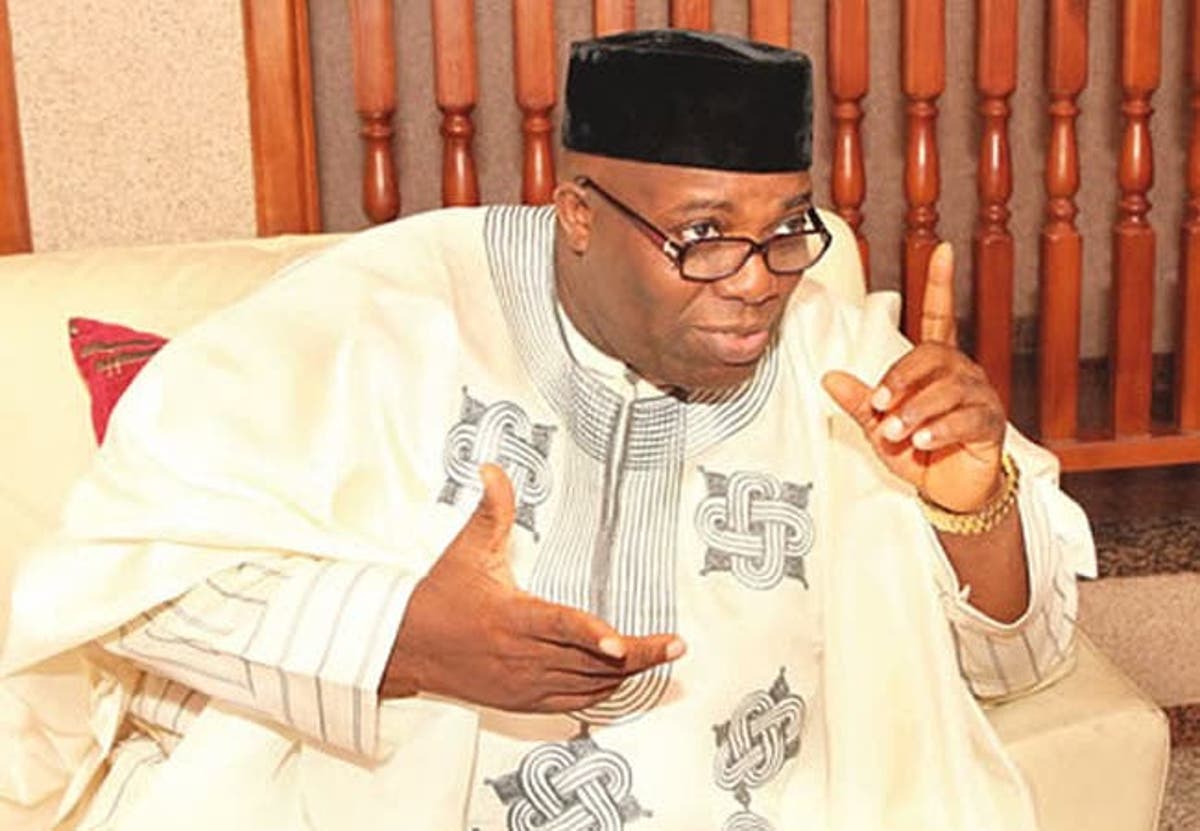Yesterday I had a rare privilege of discussing the Boko Haram issue with a retired General with vast experience and knowledge about the capabilities of the Nigerian military and who is very conversant with the terrain in the Northeast.
We shared knowledge also on my limited experience within governments, and the perspectives and intelligence available to governments that I also had the privilege of having while serving former Presidents.
We both arrived at the following conclusions.
1. There are not enough foot soldiers on ground at the theater of war in the Northeast.
In the military when you are engaged in conventional warfare and you are the attacking force, you will need to go to battle with at least three times the number of the enemy soldiers on ground. And your troops must be at least 75% capabilities in weaponry, intelligence, mental preparedness, motivation etc.
However if you are confronting an army of insurgents who naturally employs guerrilla tactics you must deploy nine times their numerical strength and capabilities.
The various factions of Boko Haram foot soldiers, from US sources, are about 6000 while the ISWA group are about 3000 men strong.
The total deployment of men of Nigerian Army I am informed may not be more than a few thousands more than that of the enemy forces.
If the war is to be won fairly rapidly and if we need to overwhelm the insurgents we probably require up to 70,000 to 90,000 men highly equipped and motivated.
This figure is an impossible number to garner by the Nigerian Military which is already overstretched with several thousands of men deployed to maintenance of security internally in several states of the federation.
2. The resources of the Military in terms of sophisticated weaponry and equipment is grossly deficient for the challenges faced by the military. There are several factors responsible for this.
3. The third issue is that of funds deployed to fight the war.
Many experts believe that something in the region of $5B to $10B dollars will be required to effectively deal with this war. That is about 20% to 40% of our national budget! Unfortunately, even the meagre sums deployed have not had maximum impact due to lack of transparency, accountability and our Nigerian syndrome of corruption.
SUGGESTED SOLUTIONS:
1. Create or Recreate a regional coalition made up of Nigeria, Chad, Niger, and Cameroon as a military joint force. This will Create an immediate boost in the number of men on ground.
2. Call for a West African military coalition similar to that which we participated in during the Sierra Leonean war. This will also greatly increase the numbers of boots on ground as well as give opportunities for other regional expertise to come to play. Also these measures will be moral boosters to the local forces.
3. Call for international assistance in terms of funding, intelligence gathering, technology backup and military hardwares.
4. There are financial considerations that continue to cripple governments efforts to end the war.
Some 2000 trucks move from Chad, Niger, and Cameroon daily into Nigeria bringing foodstuffs and animals into Nigeria. To buy right of safe passage the truck owners pay as much as N300,000 per truck per day.
That comes to N600million daily! Or a business worth N200billion a year! This money is shared by people on all sides of the divide. Anyone interested in ending the war must prepare to contend with these forces.



 Premier League
Premier League